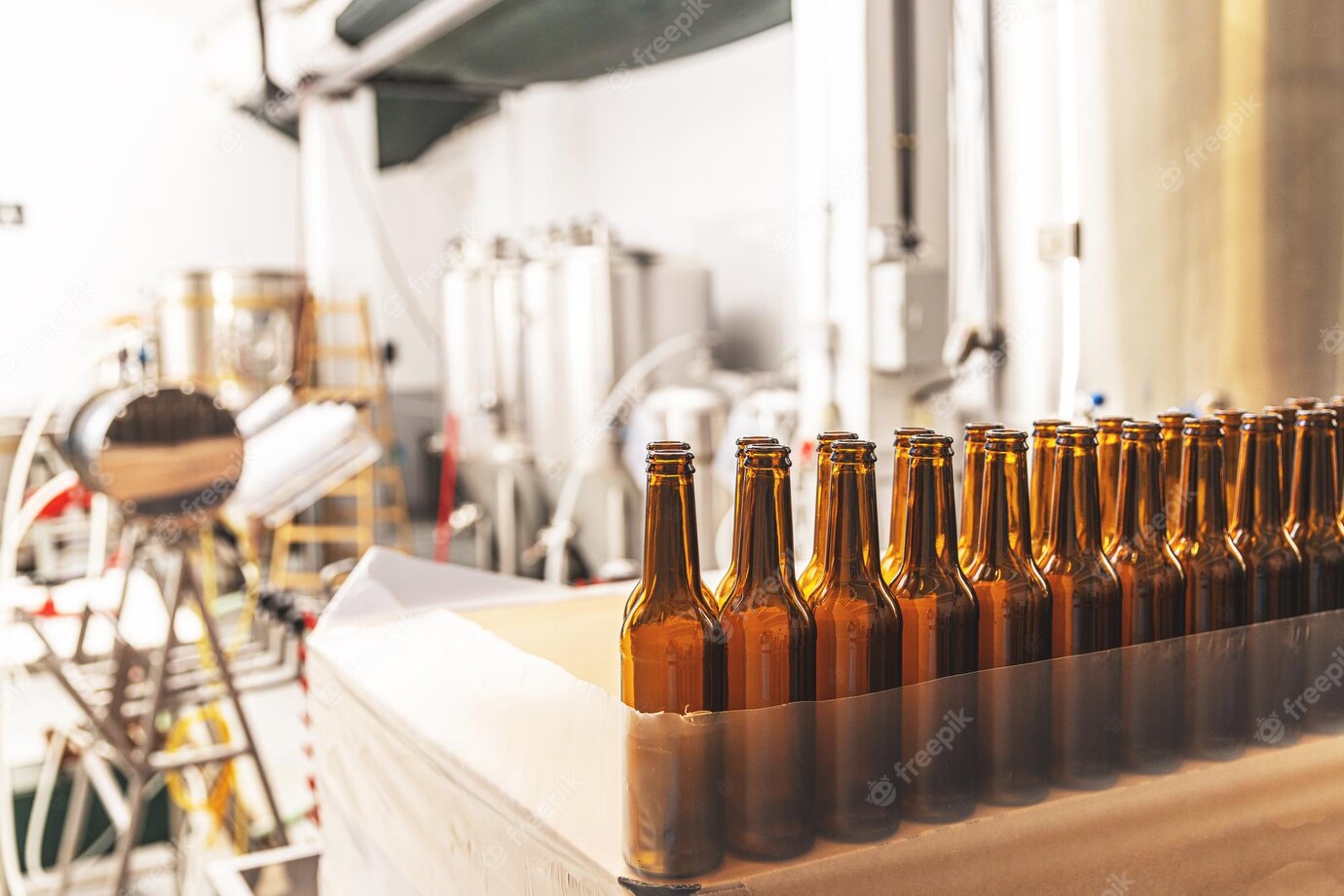Brew beer like a German pro! Get insider tips and tricks for crafting the perfect German beer.
Brewing German beers has a long and storied tradition and is now more popular than ever. With numerous unique brewing styles and techniques to choose from, mastering the art of craft beer at home can be challenging. This article covers the tips and tricks needed to brew your own delicious German beers. Learn the key steps needed for classic German lagers and ales, with advice for creating custom beer recipes. So, let’s learn how to make the perfect German brews and keep the centuries-old tradition alive.
Brewing German Beers: Tips and Tricks
Germany is renowned worldwide for its great beer, and if you’ve ever tasted a German brew you will know why. There are hundreds of different varieties of beer available in Germany, with something to suit every taste — from light and refreshing lagers to full-bodied bocks and vibrant wheat beers. With such a wide range of excellent beer on offer, it’s no wonder that many people are tempted to try their hand at brewing their own German beer.
If you’re taking up brewing for the first time, then German beers might seem a bit daunting, but the great thing about German beer is the vast amount of knowledge and resources you can draw upon to create your own successful brews. So, to help you out, here are some tips and tricks for brewing your own German beers.
1. Read up on German Beer Styles
When it comes to German beer, it’s important to understand the different beer styles, so you know which one you want to create. As a general rule, German beers can be split into two main categories: lagers and ales. Lager styles include pilsner, marzen and bock, while ale styles include kölsch, dunkel, hefeweizen and weizenbier.
Each beer style has its own distinct flavor, aroma and characteristics depending on the type of yeast and hops used. So, before you start brewing, make sure you do some research about German beer styles and what makes each one unique. This will help ensure you get the beer you want!
2. Invest in the Best Quality Ingredients
The key to a delicious tasting beer is using the highest quality ingredients. German beers, in particular, rely heavily on the quality of their ingredients, so it pays to invest in the best you can afford.
When buying malt, make sure you look for brands that are specifically designed for German beer brewing. The same goes for hops — there are many types of hops available, but with German beers it’s usually best to stick to noble hops, such as Tettnang, Hallertau and Spalt.
These hops have distinct flavors and aromas that really lend themselves to German beer brewing. If you’re looking for a more intense flavor, you can also use aroma hops, such as Styrian Goldings and Saaz.
Finally, make sure you get the best quality yeast for your beer. German yeast is essential for authentic German beers, and there are many strains available, from lager yeast to ale yeasts.
3. Use Good Quality Water
It’s important to remember that water is a key ingredient in beer, and the type of water you use can make a huge difference in the flavor of your beer. In Germany, different breweries will often use different kinds of water, depending on the local beer styles.
For example, Berliner Weisse beers will usually use soft water, while Munich Helles beers may use slightly harder water. In general, it’s best to use water with a neutral pH — anything between 6.5 and 8.5 should work.
4. Start with a Simple Recipe
When brewing German beers, it’s often best to start off with a simple recipe. This will help you get a feel for the brewing process and allow you to experiment with different techniques, ingredients and flavor combinations.
Don’t feel like you have to create a complex recipe from scratch — there are plenty of great recipes available online that can help you make excellent German beers. Once you’ve made a few batches and have some more experience, you can start to experiment more and customize your recipes.
5. Embrace German Beer Culture
When brewing German beer, it’s important to remember that beer is an integral part of German culture. To truly get the most out of the experience, you should embrace the history and culture associated with German beer.
Head to a local festival or pay a visit to a beer garden to get a taste of the rich German beer tradition. Doing this will not only give you an appreciation for the beer styles and ingredients used in German brewing, but it will also provide some much-needed inspiration for your own recipes.
6. Practice Patience
Finally, when brewing German beers, it’s important to remember to be patient. German beers often require longer aging times than other beer styles, so make sure you’re prepared to wait a while before you can enjoy your hard-earned beer!
Patience also applies to the brewing process

